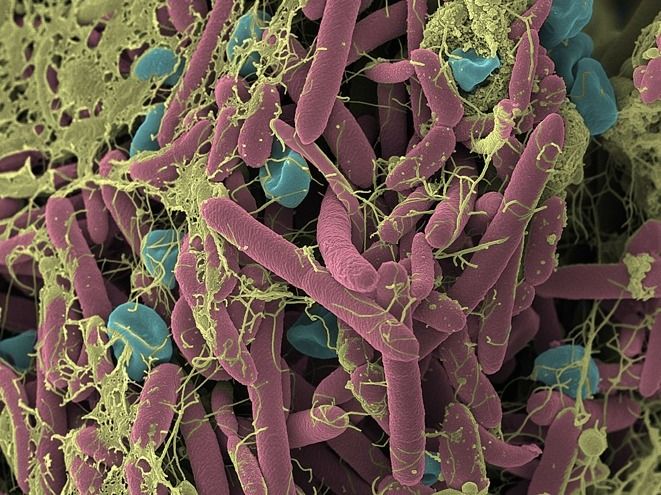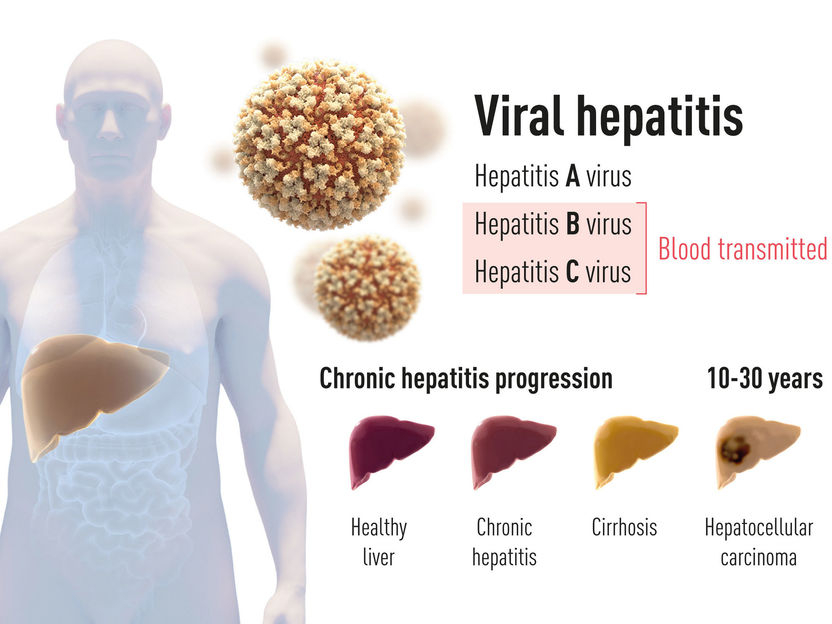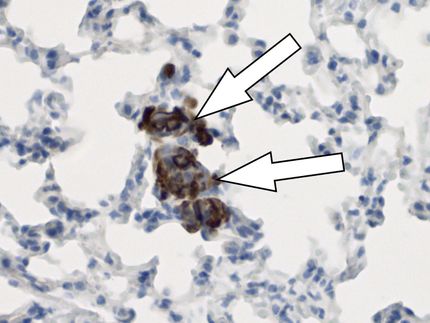Stress fuels breast cancer metastasis to bone
stress can promote breast cancer cell colonization of bone, Vanderbilt Center for Bone Biology investigators have discovered.

John Russell/Vanderbilt University
The studies, reported July 17 in PLoS Biology, demonstrate in mice that activation of the sympathetic nervous system – the "fight-or-flight" response to stress – primes the bone environment for breast cancer cell metastasis. The researchers were able to prevent breast cancer cell lesions in bone using propranolol, a cardiovascular medicine that inhibits sympathetic nervous system signals.
Metastasis – the spread of cancer cells to distant organs, including bone – is more likely to kill patients than a primary breast tumor, said Florent Elefteriou, Ph.D., director of the Vanderbilt Center for Bone Biology.
"Preventing metastasis is really the goal we want to achieve," he said.
Elefteriou and his colleagues knew from their previous studies that the sympathetic nervous system stimulated bone remodeling, and that it used some of the same signaling molecules that have been implicated in breast cancer metastasis to bone.
"We came to the hypothesis that sympathetic activation might remodel the bone environment and make it more favorable for cancer cells to metastasize there," Elefteriou said.
Evidence from the clinic supported this notion. Breast cancer patients who suffered from stress or depression following their primary treatment had shorter survival times. Both stress and depression activate the sympathetic nervous system.
To explore this possible link, the researchers studied cancer cell metastasis in mice. They followed fluorescently "tagged" human breast cancer cells that were injected into the mouse heart to model the stage of metastasis when breast cancer cells leave the primary site and move through the circulation.
They found that treating the mice with a drug that mimics sympathetic nervous system activation caused more cancer lesions in bone. Using physical restraint to stress the mice and activate the sympathetic nervous system also caused more cancer lesions in bone. Treating the restrained mice with propranolol, one of a family of blood pressure medicines called "beta-blockers," reduced the number of bone lesions.
The investigators demonstrated that sympathetic nervous system activation increases bone levels of a signaling molecule called RANKL, which is known to promote the formation of osteoclasts – bone cells that break down bone tissue. RANKL has also been implicated in cell migration, and Elefteriou and colleagues were able to show that breast cancer cell migration to the bone depends on RANKL.
The findings suggest that beta-blockers or drugs that interfere with RANKL signaling, such as denosumab, may be useful in preventing breast cancer cell metastasis to bone. Propranolol and other beta-blockers are inexpensive, well characterized, and safe in most patients. They may be a good choice for long-term treatment if future studies in patients with breast cancer confirm their ability to block cancer cell metastasis to bone, Elefteriou said.
"If something as simple as a beta blocker could prevent cancer metastasis to bone, this would impact the treatment of millions of patients worldwide," he said.
Efforts to reduce stress and depression in patients with cancer may have unappreciated benefits in terms of metastasis prevention, he added.
Most read news
Organizations
Other news from the department science

Get the life science industry in your inbox
By submitting this form you agree that LUMITOS AG will send you the newsletter(s) selected above by email. Your data will not be passed on to third parties. Your data will be stored and processed in accordance with our data protection regulations. LUMITOS may contact you by email for the purpose of advertising or market and opinion surveys. You can revoke your consent at any time without giving reasons to LUMITOS AG, Ernst-Augustin-Str. 2, 12489 Berlin, Germany or by e-mail at revoke@lumitos.com with effect for the future. In addition, each email contains a link to unsubscribe from the corresponding newsletter.
Most read news
More news from our other portals
Last viewed contents

Plastic bags that cannot breathe - Optimized enzyme variant can degrade plastic under anaerobic conditions

Loving the sweet enemy - Foods rich in fats and carbohydrates stimulate the reward system in the brain particularly strong

First-in-class immunotherapies for the treatment of cancer and autoimmune diseases - ImmunOs Therapeutics Raises $74 Million Series B Financing Round
BioMed X and Boehringer Ingelheim start new joint research group
Nobilon advances first vaccine into human trials - Intranasal influenza vaccine begins Phase I clinical development
Raptor Pharmaceuticals and TorreyPines Therapeutics Receive Stockholder Approvals to Merge - Merger to Create NASDAQ-Listed Biopharmaceutical Company named Raptor Pharmaceutical Corp.

Nobel Prize for Physiology or Medicine 2020 Announced - Nobel Prize awarded to Harvey J. Alter, Michael Houghton and Charles M. Rice for the discovery of Hepatitis C virus
PharmAthene and SIGA Technologies sign definitive merger agreement
PerkinElmer announces third quarter results - GAAP Revenue of $548 million versus $563 million in the comparable prior period

Glox Therapeutics Secures £4.3M Seed Funding to Develop Precision Antimicrobials Targeting Drug-resistant Bacteria - Spin-out from the Universities of Glasgow and Oxford

Doped by food - Dopamine release regulates our eating behaviour























































